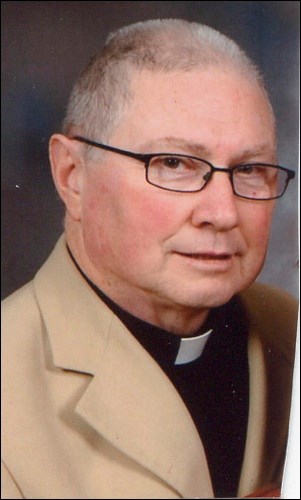Ed, my neighbour next door, always finds another reason to shake his head in dismay at me. He has a blunt way of making it clear I have crossed over the line again from being possibly normal to being downright weird.
"What is it?" Ed asked me yesterday when he spied a painting I'm working at.
"It is an abstract piece I'm doing; one of a set of three," I answered.
"Is abstract art another name for 'who knows what it is?'" Ed demanded.
"I guess it is not art to you unless you can know what the subject of the painting is by looking at it," I replied. "For you, paintings should be realistic," I added. "Maybe you would like the work of artist Andy Warhol, who had a picture of a Campbell's tomato soup can?" I asked Ed.
"At least then I would know what I'm looking at," Ed muttered.
Some artists paint real life, capturing on canvas what one can see with one's eyes. They are so talented, they are like human cameras. A camera can catch all that there is to see and reproduce it in a picture in an exacting way. Yet, for me, a camera can only go skin deep. There is no knowing the whole, true personality or character of a person with a photograph or even a painting. Is it what you see, or what is hidden or mysterious that matters most? There is a comfort in being able to look at a picture and to say, "That is the dog, Rex" or "that is the neighbour's dog, Bear." The other side of it is when we can say "I don't know who it is or what it is, but I like it (or dislike it)."
Abstract art is about a lack of apparent realism, but finding an unlimited quality and spirit in the art anyway. Life and God are more than what we can easily see. In the Bible, Moses saw a burning bush, yet it did not burn up. When Moses went over to the burning bush, God called to him from the burning bush. One of the observations of modern Christian faith is that it has lost its ability to see God as spirit and mystery. God is not limited to what we consider real and evident.
The Israelites faced the fortified, walled city of Jericho. In biblical times, the walls of a city would never simply fall down. Yet Joshua was told by God, "March around the city once with all the armed men. Do this for six days. Have seven priests carry trumpets of rams' horns in front of the ark. On the seventh day, march around the city seven times, with priests blowing the trumpets. When you hear them sound a long blast on the trumpets, have all the people give a loud shout; then the walls of the city will collapse." When Joshua did as God told him, the walls of Jericho fell down.
When Jesus and his disciples were attending a wedding at Cana, Jesus had six stone jars filled with water. Then he told the servants who had filled the jars with water to draw some out and take it to the master of the banquet. When the banquet master tasted the water, it had become choice wine.
God is not limited to what is seen, as art is not limited to only realistic art. God reveals himself in His power, purpose, and person in what is ordinary and easily seen, and in what is mysterious and hidden.




